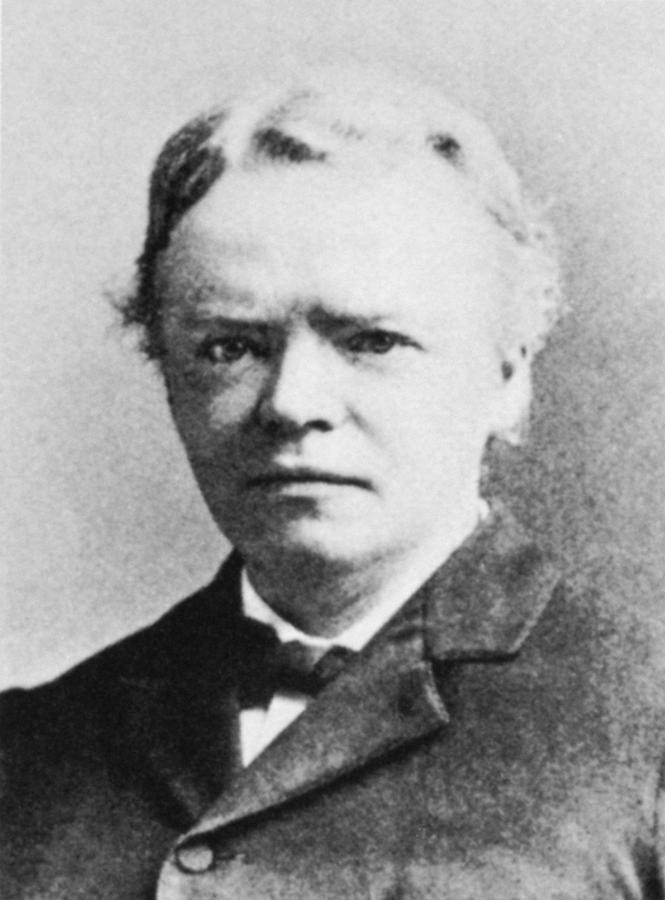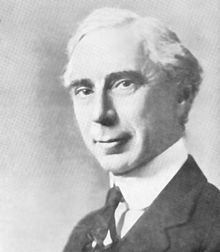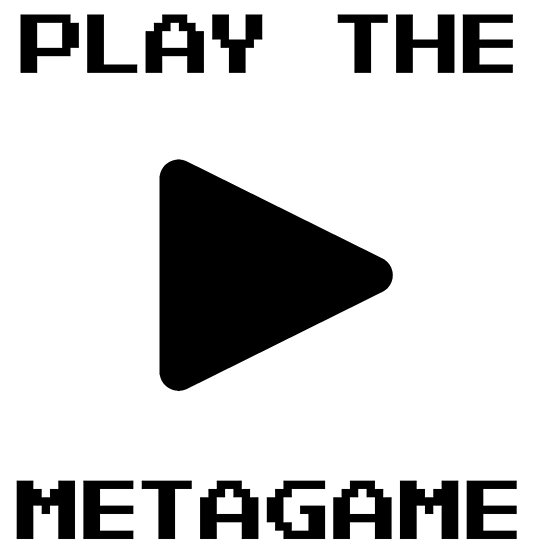If we suppose that inquiry is the (controlled and deliberate) application of scientific methods aimed at identifying features of reality (by relying on their permanence and stability), and if we further suppose that “truth” is at the end of this process of inquiry, then we must entertain the kinds of objections expressed by Josiah Royce and Bertrand Russell (Atkin, 2016, Chapter 3).

First, we might say (with Royce) that the above description doesn’t distinguish between projects that are doomed to fail, i.e., with no “truth” waiting for us at the end, and those that can succeed. Peirce’s introduction of hope as a regulatory principle is useful here, but hope itself is something that ought to be educated. We can hope about things, and in ways, that are more or less naive. The process by which we gain the ability to be hopeful, become appreciative of risk, and gain the ability to identify pointless project is itself a process of inquiry. We might call it a process of meta-inquiry.
The way I am treating the concept of hope is congruent with how Peirce treats the concept of doubt. Doubt could also be trained, regulated, and put to the service of other super-ordinate goals. Certain characteristics of doubt might not change, though it could be deliberately directed toward a target of investigation, creating a motivation that wasn’t there to begin with:
“[Doubt] is like any other stimulus. It is true that just as man may, for the sake of the pleasures of the table, like to be hungry and take means to make themselves so, although hunger always involves a desire to fill the stomach, so for the sake of the pleasures of inquiry, men may like to seek out doubts. Yet for all that, doubt essentially involves a struggle to escape it.” (Peirce, 1903/1966, p.99, notes later added to The Fixation of Belief)
The education of doubt, of course, isn’t just a matter of being able to summon it at will anytime and about anything. It also involves developing discernment and sophistication with regard to what purpose our doubt is serving, when it is appropriate, how much self-control or impulsiveness we ought to apply/withhold to eliminate doubt, and so forth. The same can be said about the education of hope. What helps educate our capacity for doubt and for hope is meta-inquiry (philosophy of science).
In response to the opening paragraph, we might also also say (with Russell), that we are necessarily favoring later generations of inquirers, over the earlier generations, assuming that they must be closer to the truth of matters just because of their position in time. It might appear as if pragmatism is not offering any other standard of evaluation. Followed to its logical conclusion, we would have to suppose that the last generation of humankind must be in possession of the best/truest beliefs, while they might very well be just concerned with survival. The distinctions I introduced above can, I believe, take care of Russell’s objection, too.

What the last generation loses, as a result of their struggle with survival, is not their temporal place in history, or even their place in the history of inquiry. Nor would they have to lose their ability to inquire. What they lose is the lessons/principles of meta-inquiry. They fall back, as a matter of necessity, to a place where the relatively sophisticated and hard-earned principles of inquiry (e.g., hope, doubt) are no longer useful or relevant. Indeed, what Russell wishes to point out with his thought experiment is that the last generation of humankind will very likely resort to an earlier and more primitive form of epistemology, because of their urgent concern with survival. Peirce’s vision of inquiry can be responsive to this point, especially by distinguishing inquiry from meta-inquiry.

References:
Atkin, A. (2016). Peirce. Routledge.
Peirce, C. S. (1966). Selected Writings: Values in a Universe of Change (P. P. Wiener, P. P., Ed.). Dover.
1 thought on “Peirce: Principles of Inquiry”